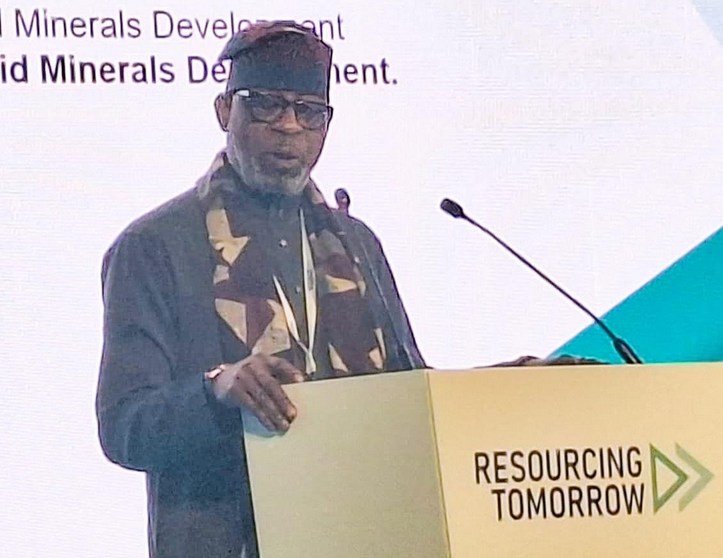Family-run Cornish business Trewithen Dairy are obsessed with nurturing the soil under their cows' hooves. Together with their farmers, they are on a mission to cultivate soil that holds as much water, air, nutrients and carbon as possible, while providing a home for the ecosystem inside. This way plants thrive and dairy cows thrive.
Trewithen Dairy believe that with great dairy comes great responsibility, so they created the 'Trew Farming' standard - a code of their shared practices and beliefs between the dairy farms contracted to supply Trewithen Dairy.
This set of standards ensures a commitment to grazing, high levels of animal health and welfare, regular carbon emission monitoring, and sharing of best practices amongst the supply pool - all above and beyond Red Tractor standards.
Building upon these Trew Farming Standards, they also work closely with two farms pioneering regenerative farming techniques to sequester carbon into the soil and increase biodiversity. They have adopted methods such as planting herbal lays, longer grazing rotation and minimal tilling. Trewithen Dairy call this carbon-neutral journey their Earth Milk Project.
Managing Director at Trewithen Dairy, Francis Clarke believes that working alongside nature is more productive in the long-term than intensive agricultural techniques: “As producers, we have a responsibility to lead by example when it comes to finding solutions to tackle climate change.
“Days like World Soil Day are important to recognise that soil health is fundamental to us all. By making its regeneration part of our central strategy, we believe we can make a real difference to enhancing our soil for future generations.”
Alongside a carbon footprint reduction, there are a plethora of other benefits to regenerative farming, such as a decrease in fertilizer use, greater resilience to extreme weather and improved wildlife and biodiversity on the farm. Ultimately, regenerative practices are considered more flexible than organic farming and are more of an evolution of conventional farming, with a focus on soil health below ground, and diversity above ground.
It avoids being prescriptive and has the potential for dairy to be more profitable for the farmer and better for the environment.











